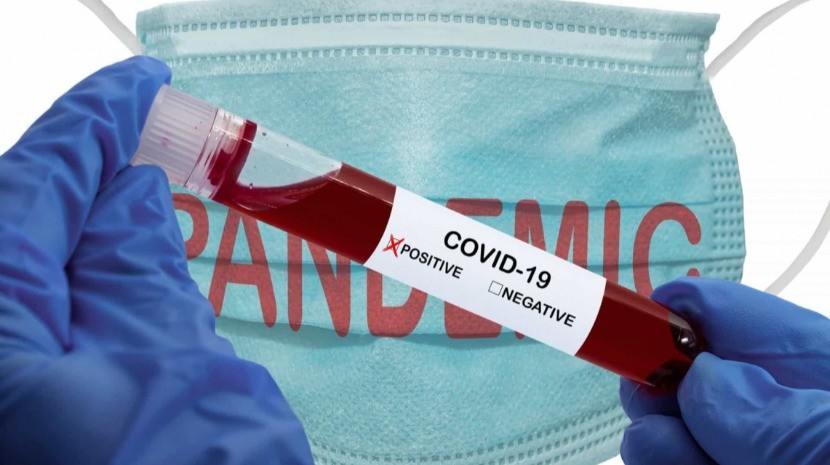The National Programme for Cerebro-Cardiovascular Diseases of the Directorate-General for Health (DGS), has confirmed that SARS-CoV-2 Myocarditis (inflammation of the heart muscle) is said to be 60 times more prevalent and serious in unvaccinated children, myocarditis can lead to short-term complications and sequelae (a condition that is caused by a previous illness or injury). Therefore, vaccination of children over the age of five years is said to reduce the potential severity of Covid-19 in youngsters and adolescents.
They further insist that the cardiac alterations in infected children “are not negligible and are more complex and serious than those described in vaccinated children.” However, they have been quick to point out that myocarditis in pediatric age after vaccination “is very rare, has mild symptoms, easily treated, and does not appear to have long-term complications or sequelae.”
Within the document, released today, experts explain that the causes of myocarditis in the context of Covid-19 are still unknown, and that it is assumed that it occurs when the patient’s own immune system, in response to the infection, attacks the heart, but this has not yet been proven. Furthermore, it is not known why it occurs more frequently among young boys after puberty, and therefore, it has not yet been possible to confirm a cause-effect relationship between the vaccine and myocarditis.
Furthermore, the DGS mentions that the American agency for disease prevention and control – CDC (Centres for Disease Control and Prevention) – reported 11 cases of myocarditis in 8,700,000 vaccines administered between 5 and 11 years of age, and that “all were light, transient, and no deaths could be attributed to the vaccine.”
The experts who drafted the opinion argue that vaccination has been shown to be effective in preventing serious illness and mortality and that adverse side effects “are rare and insignificant.” They cite recent studies which state that in vaccinated adolescents the possibility of having Multisystem Inflammatory Syndrome (MIS-C) after infection is reduced by 91%.
So far, the most serious cases occur in unvaccinated children and adolescents, and the DGS insist that it is necessary to vaccinate children and adolescents due to the high contagion rate of Omicron.
The opinion is based on various scientific articles published in medical journals, the normative documents of national and international health entities, including the results of vaccination in more than eight million children between 5 and 11 years of age.
Samantha Gannon
info at madeira-weekly.com


